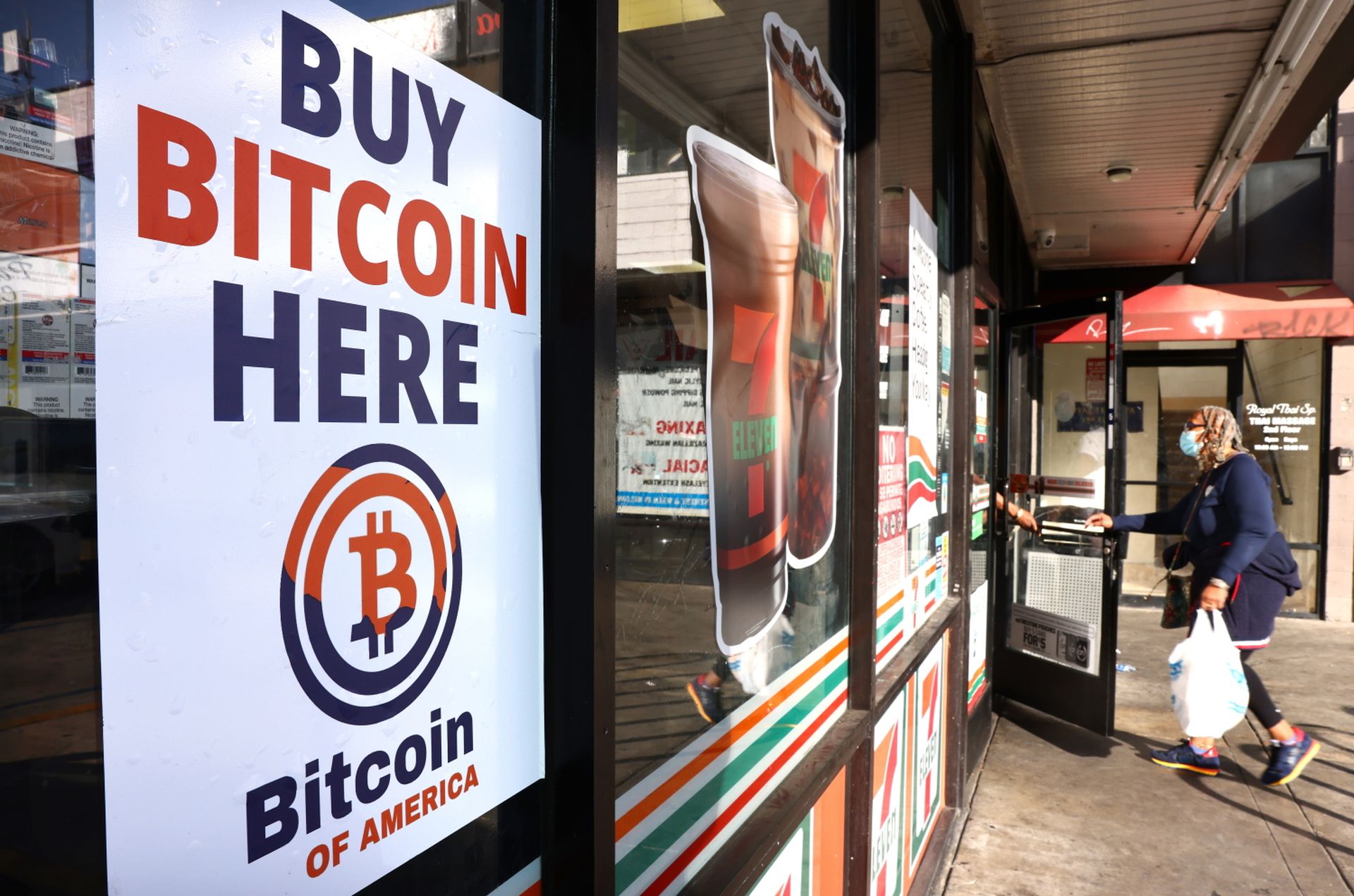In recent months, cryptocurrencies have quickly moved from an edgy, alt-payment with a dubious following, to verging on becoming a national bank-backed, credible vehicle for legitimate transactions, a so-called “central bank digital currency” (CBDC) in China, Sweden and various Central and South American and African countries.
However, in the United States, where cryptocurrency interest is high, but banking is highly regulated and security concerns are rife, there is a huge push and pull in efforts to move toward a U.S. CBDC system, according to a report released Tuesday by OneSpan.
In fact, the Financial Crimes Enforcement Network (FinCEN), a unit of the U.S. Department of the Treasury, updated its regulations at the end of last year, with an eye toward cryptocurrencies, according to Michael Magrath, vice president of global standards and regulations at OneSpan, and an author of the report. “While movement [among regulators] had been lacking, we’re seeing more traction now,” Magrath said, adding that the Federal Reserve Bank promised in September that it would soon be offering a report on its plans regarding cryptocurrencies. And in July [2021], FinCEN appointed its first “chief digital currency advisor,” Michele Korver.
And other developments are afoot, including a collaboration between the Federal Reserve Bank of Boston and MIT to evaluate cryptocurrency viability as a CBDC, Magrath added.
“Cybersecurity concerns often go hand in hand with cryptocurrency, which — due to their anonymity and a general lack of regulations on exchanges — are frequently demanded as payment in the case of ransomware attacks,” according to OneSpan’s second annual Global Financial Regulations Report.
“Central banks are issuing warnings, instituting licensing regimes, banning banks and other financial institutions from dealing in or facilitating crypto transactions, and applying know-your-customer and other anti-money laundering and counter-terrorist financing rules to crypto exchanges,” the report pointed out. “Still, crypto investors are undeterred, as interest levels hit record highs in 2021.”
The OneSpan report is based on a survey this fall of 172 bank executives in the United States, France, Mexico and the United Kingdom (68 of these were U.S. FSI executives), representing institutions with $5 billion or more in assets. The report found that despite the potential privacy, audit trail, regulatory and security concerns, there are roughly 81 global “jurisdictions” exploring CBDC through their financial industry and backed by their central bank’s reserves and settlement system.
These central bank digital currencies are aimed to “revolutionize the existing financial system by making payments cheaper, faster and more accessible [to] drive financial inclusion and ease cross-border transaction friction points.” Magrath points out that the push for CBDCs is largely born of the fact that “central banks want control of cryptocurrencies in their countries … as more of their citizens migrate to digital.”
Six out of 10 banks globally believe their countries are “well-placed” to develop and support a CBDC within the next two years — a speedy adoption, given the change this heralds, per the report. Worldwide 84 percent of FSIs are already making way for CBDCs, according to OneSpan. However, interestingly, U.S. banks have made the least effort to prepare for the advent of these more legitimate digital currencies.
Overall, two-thirds of bankers (67%) agree that regulations around cryptocurrency will make their involvement in supporting these payment schemes and a CBDC far more appealing.
“Banks need to get it right … as they establish policies and conduct pilots, there’s a heady digital currency structure in the retail model, with banks acting as intermediaries,” Magrath said, adding that he expects to see a focus on strong authentication and security from regulators. In July, Federal Reserve Chairman Jerome Powell said that the creation of a CBDC might even help mitigate the growing influence of untracked cryptocurrencies.




